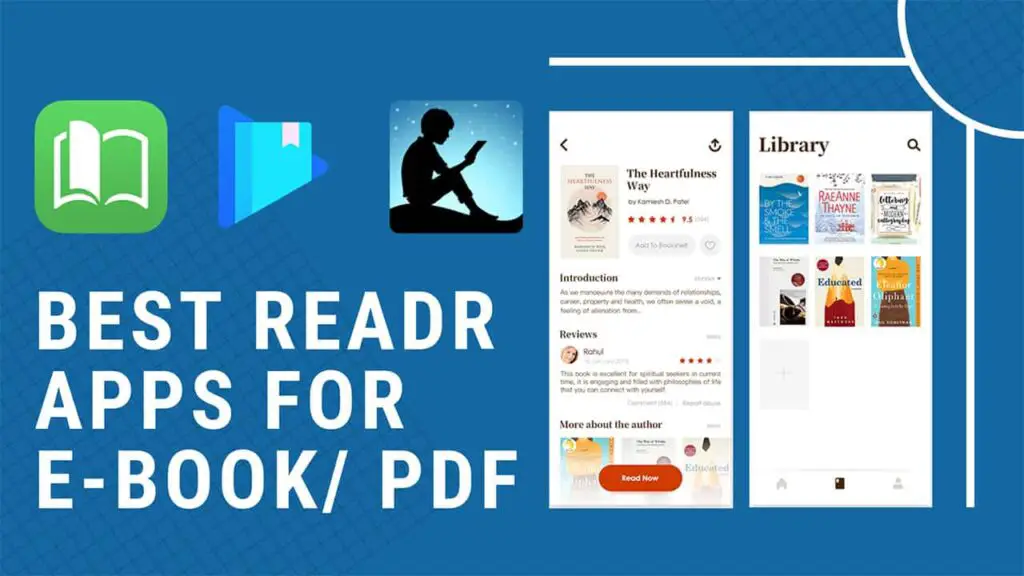

Some other sites worth looking at for interesting, new articles are MetaFilter, Reddit, The Latest, Digg and The Feature. Most of them also make it easy to share your favorite articles with friends on social networks or via email. Feedly, Flipboard, Zite, ReadingPack and Prismatic all focus on helping you explore areas of interest and read (or save for later) great articles.

If you're after a good source for articles to read, there are lots of apps to help you find content you're interested in. Ryan also suggests choosing a book from the bibliography in whatever you've just finished reading-thereby starting a chain of books to read. You can also find some great book suggestions on Shane Parrish's reading list and in Ryan Holiday's reading recommendations email. Blogger Eric Barker also offers a thorough list containing book recommendations from experts in leadership, marketing, networking and happiness, among others. But what if you're not sure where to start? Finding good books or articles to read can take some effort but if you know where to look, it can be pretty easy to keep your to-read list stocked up.įor reading books, includes, as you may have guessed, the "best introductory book" for a lot of topics-it's a good place to look if you want to learn about something new and you don't know where to start. I bet you're champing at the bit to get reading now. "The lessons matter."įor articles you read online, you can use a bookmarking app like Pinboard or Delicious to keep them organized and searchable later. These are unimportant," he writes on Thought Catalog. On that note, author Ryan Holiday advises steering clear of notes on events and facts.
Speed reader for android how to#
For Kindle readers, author and former publishing executive Michael Hyatt wrote a detailed blog post explaining how to save your highlights to an Evernote account.Īuthor Mark Manson suggests making a short summary after you've read a book, and revisiting it a week or two later to make sure you remember what you got out of it. Most ereaders and some reading apps (like Instapaper) let you make and save highlights or notes about what you're reading. You can obviously start with the old-fashioned method of highlighting your physical books and taking notes in the margins or in a notebook. Tracking your books might help you remember what you've read, but what about what's inside those books? Quotes, ideas and related thoughts from the books and articles you read are just as important to help you understand and use the information you're gleaning. If you'd rather manually track how many books or pages you're reading, you could use a simple tracking app like BookBuddy, Datalove, or Lift.


 0 kommentar(er)
0 kommentar(er)
